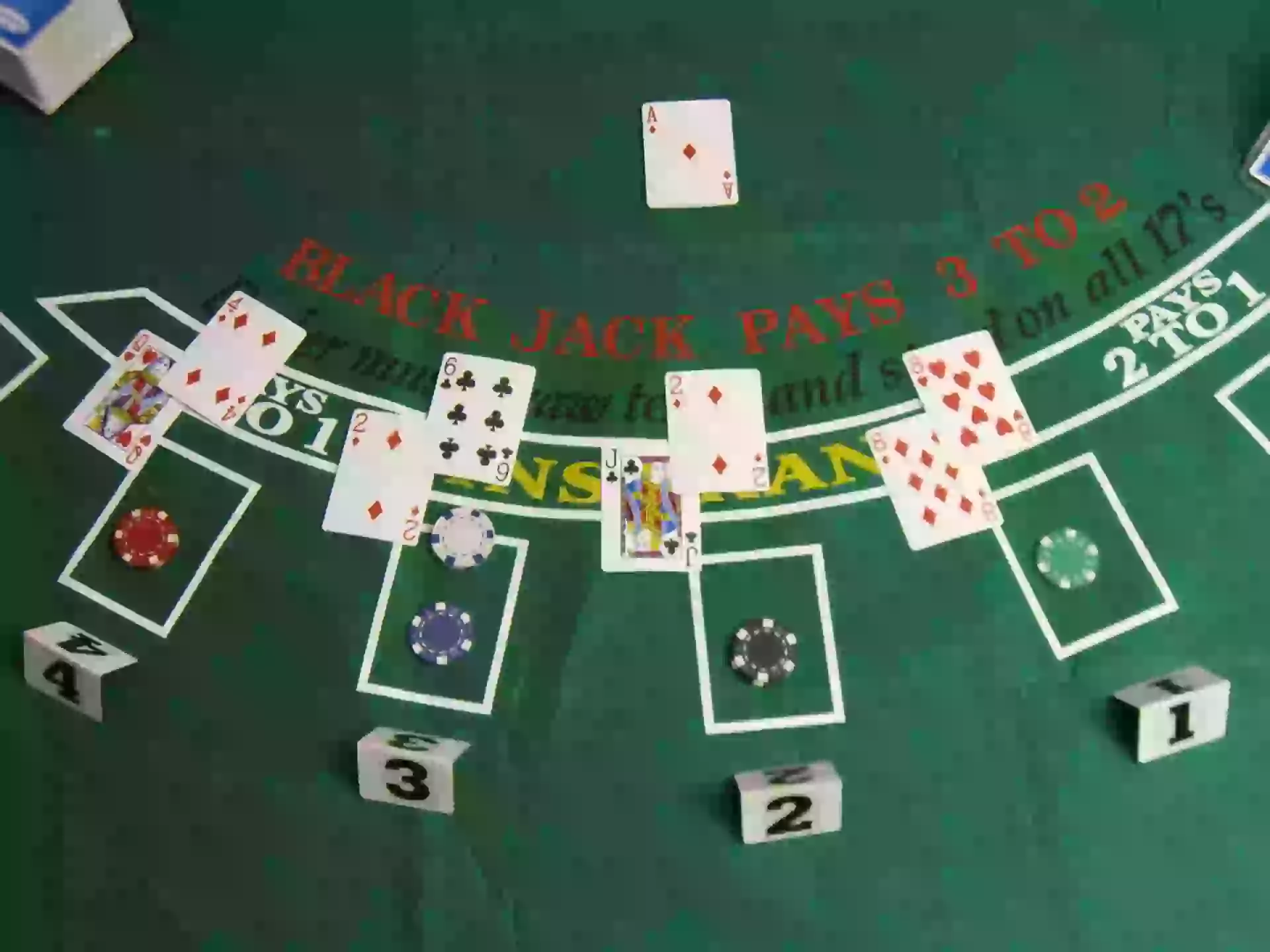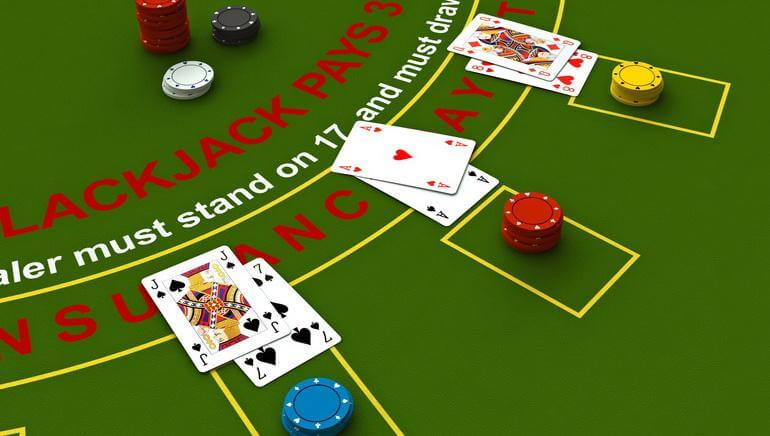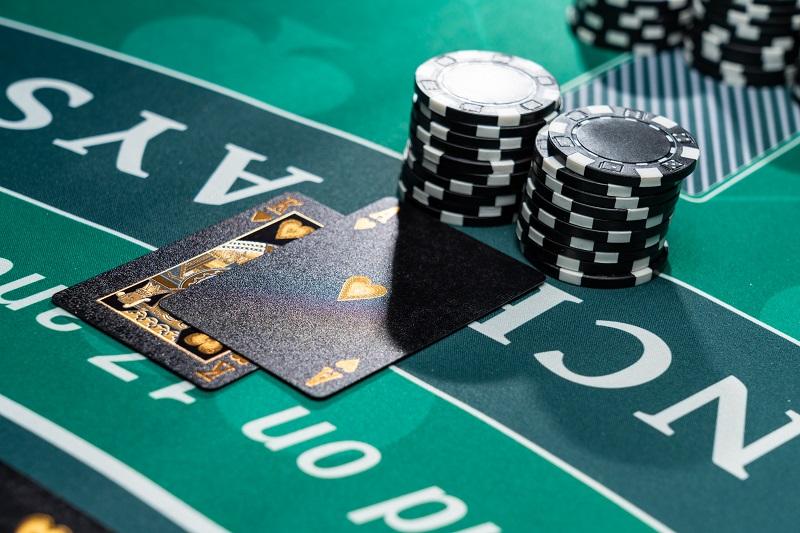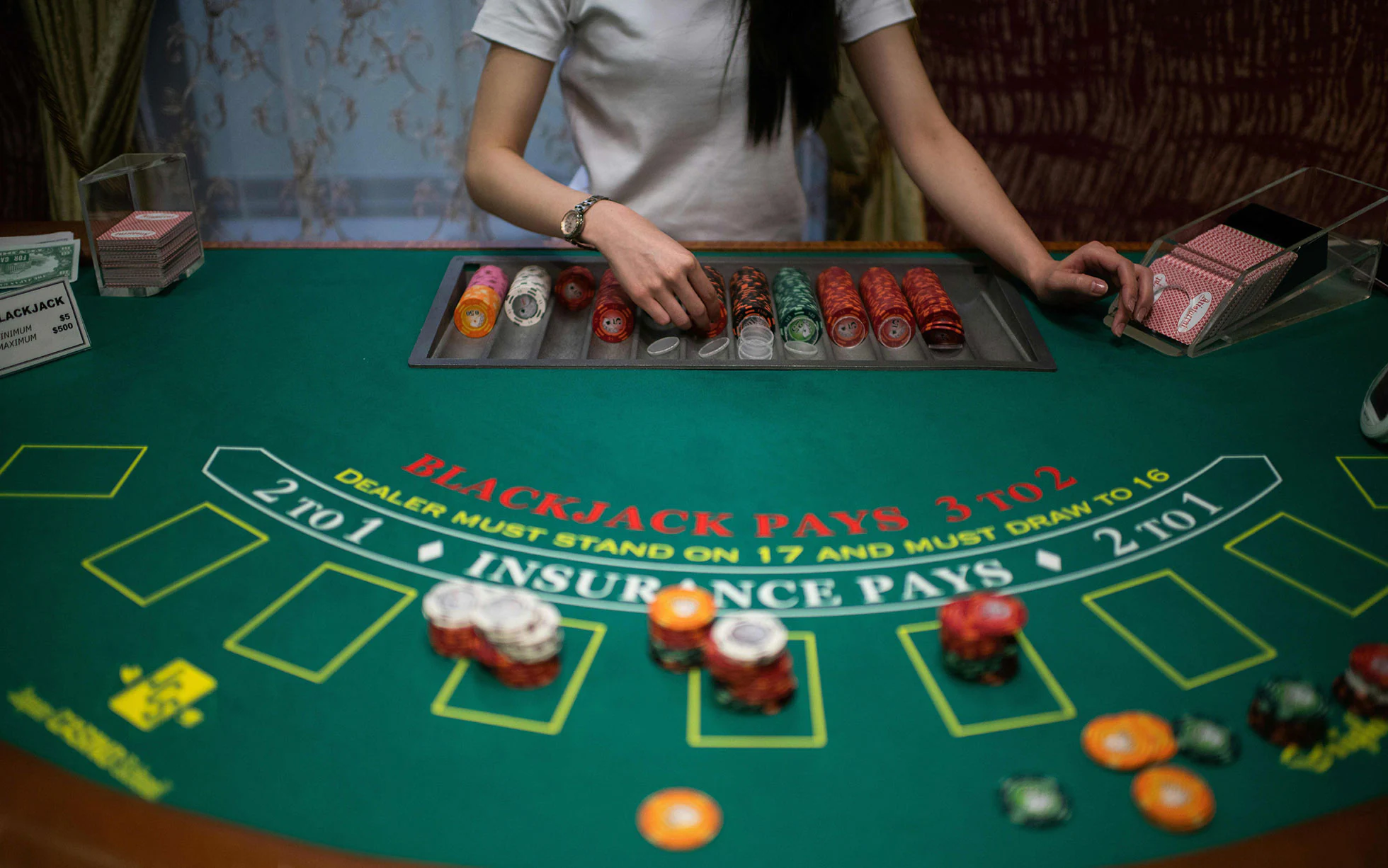Blackjack | In the intricate world of blackjack, the significance of each player’s role around the table cannot be underestimated. The dynamics of the game are intricately woven, and even the smallest decisions can ripple through the entire session. As you approach the blackjack table, consider not just where you’ll sit but also the responsibilities you’ll shoulder during the game. Understanding the dynamics of the first and last seats, also known as first base and third base, is pivotal to comprehending the course the game will take.

At the heart of every blackjack table sits the first base and third base players. These positions wield considerable influence over the game’s flow. Their choices shape the outcomes for all players seated around the table. When these players lack a solid grasp of the game’s basic strategy rules, it tilts the odds, affecting everyone’s chances of success.
The Role of Each Player’s Decision
Imagine this: the dealer reveals a hand totaling anywhere between 3 and 6. At this juncture, the table should exercise caution, refraining from taking any superfluous cards that could inadvertently lead to the dealer’s bust card, a crucial aspect of the dealer’s downfall.
Dispelling Common Myths

An often misconstrued belief circulates that players who deviate from the optimal strategy collectively influence the odds for everyone at the table. However, the reality is quite different.
Blackjack is fundamentally an individual endeavor. In the grand scheme, the erroneous choices of fellow players do not intrinsically alter the house edge in your favor or against you. This misconception is thoroughly debunked through comprehensive research conducted by prominent blackjack authorities.
Renowned blackjack expert Michael Shackleford conducted an exhaustive computer simulation to scrutinize the notion that suboptimal players negatively impact their counterparts. Shackleford’s software was configured with standard Las Vegas Strip rules, encompassing aspects such as multiple decks, specific dealer actions, and player options.
In one simulation, two players adhered unwaveringly to the correct strategy. Their expectations of success were strikingly similar, revealing the negligible impact of another player’s decisions on one’s long-term prospects. The second simulation, however, introduced a deliberately clueless player whose erratic choices significantly deteriorated his expectations. Astonishingly, the expectations of the strategic player remained nearly unaffected.
<Blackjack Strategy – How to counter the dealer’s upcard of 7>
Blackjack – Player Influence: A Closer Examination

The clueless player’s erratic decisions led to a substantial expectation drop of -11.26%, validating the impact of unsound choices. Paradoxically, the expectation of the player adhering to the optimal strategy scarcely altered, reinforcing the finding that one player’s subpar choices don’t sway the odds for others.
Fred Renzey, another respected authority, explored the impact of poorly playing players through real-life scenarios. His observations were centered on 500 rounds of blackjack, where he played perfectly while misguiding the third-base player. Surprisingly, the results demonstrated no discernible trend indicating that one player’s actions detrimentally impacted another’s outcomes.
Blackjack – Crafting a Winning Approach

Dispelling the misconception of collective influence underscores the real factors influencing success at the blackjack table. Focus your attention on critical aspects that truly mold your destiny at the table.
- Payout Structure: Choose tables where blackjack pays out at 3 to 2, avoiding those with 6 to 5 or even-money payouts.
- Playing Rules: Seek tables with favorable rules, such as the dealer standing on soft 17, the liberty to double down on any two cards, and the option to double down after splitting.
- Deck Count: Opt for games with fewer decks, provided that favorable playing rules and 3 to 2 blackjack payouts are maintained.
- Table Occupancy: Consider the number of players; more players equate to fewer rounds dealt per hour, minimizing your theoretical losses.
- Bet Limits: Tailor your game to your bankroll’s limitations; choose lower-minimum tables to prolong your playing session.
- Strategic Play: Carry a strategy card to ensure flawless decisions, maximizing your odds of success.
- Selective Focus: Concentrate on card distribution rather than fellow players’ decisions. Discern trends in card types to enhance your betting strategy.
<Blackjack Tricks – How to Win with Hand of ‘15’ ?>
Informed Choices: Trustworthy Sources
In a realm often marred by misinformation, it’s vital to verify the credibility of those dispensing blackjack advice. To ensure you’re making decisions based on sound knowledge, consider researching the background of experts, authors, and mathematicians before accepting their insights as gospel truth.
By debunking myths and understanding the true dynamics at play, you’ll be equipped to navigate the blackjack table with a strategic mindset that enhances your chances of long-term success.



